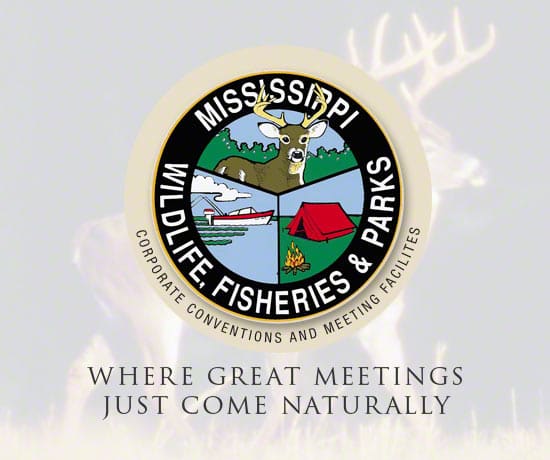Mississippi’s Sardis Lake Anglers’ Comments Spawn Revised Crappie Regulations

On February 11, 2013, the Commission on Wildlife, Fisheries, and Parks passed Public Notice F18-3424 which regulates sport fishing methods, creel, and length limits. New black bass regulations were set for: Pickwick Lake – 15-inch minimum size limit; Davis Lake – 18 to 22-inch slot limit, one fish may be over 22 inches; Jeff Davis Lake – 16 to 20-inch slot limit, one fish may be over 20 inches, 15 fish daily creel limit; and Moon Lake – 5 fish daily creel limit.
Proposed crappie fishing methods and harvest regulations on Sardis Lake were revised taking into account angler comments from the January 31, 2013 public hearing at the North Mississippi Fish Hatchery Visitor Education Center and letters received by the Fisheries Bureau office in Jackson. A major concern was the effect of trolling on crappie populations. The revised regulations are: an 11-inch minimum size limit, 15 fish creel limit, and a limit of 3 poles per angler. According to Keith Meals, MDWFP Fisheries Biologist, “Fishermen on Grenada Lake have been using only three poles since 2007. Our 2012 fall samples showed that Grenada Lake had one of the healthier crappie population structures of the four flood control reservoirs.” This improved population structure means better fishing.
The final notice for these regulations was approved by the Commission on Wildlife, Fisheries, and Parks and will go into effect on March 21, 2013.

